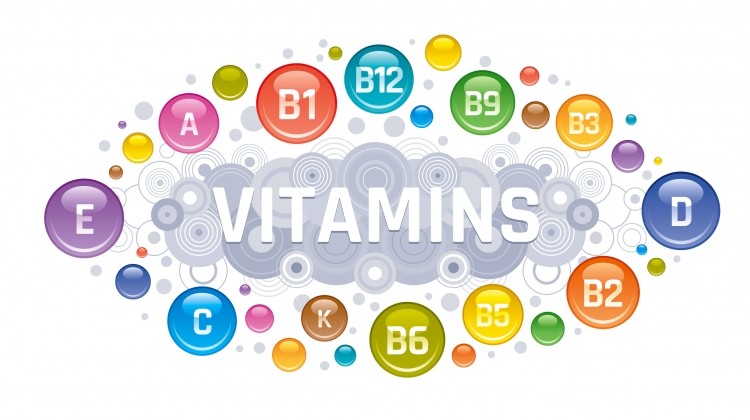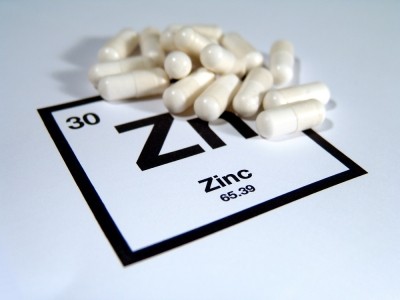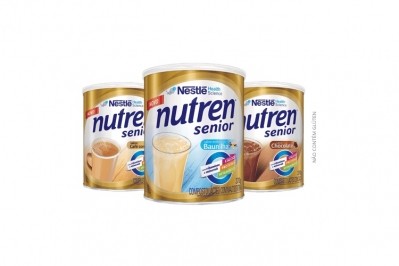Micronutrient supplements may boost heart health markers for kids & teens: Nestlé study

The benefits of the supplement, which is formulated to contain vitamins A, E, B1, B2, B5, B6, B12, D, and C, plus folate, niacin, biotin, and calcium, phosphorus, iron, magnesium and zinc, were found to extend beyond the end of the intervention period, suggesting some longer-term benefits in these children, reported scientists in Clinical Nutrition.
“Correlation based analysis highlighted the potential importance of α-tocopherol (vitamin E) and retinol (vitamin A) in comparison to the other components in the supplement,” wrote scientists from Lipid Metabolism (EPFL Innovation Park in Lausanne, Switzerland), Nestlé Research, Eidea Bioscience Ltd., the University of São Paulo, and Bern University Hospital (Switzerland).
“[T]he associations between the observed changes in lipid species and VLDL-cholesterol levels further elucidated the impact of micronutrient intervention on lipid metabolism. The changes in levels of these lipid species suggest that micronutrients may play a role in reducing the risk of cardiovascular diseases,” they added.
The study was funded by Nestlé Institute of Health Sciences.
Study details
The study involved 120 and 133 participants in successive years at three schools in the west side of Ribeirão Preto in Brazil. About 43% of the children were overweight or obese, and 45 % were of normal/ healthy weight. The children consumed the Nestrovit bars delivering approximately 100% daily recommended allowances (but less than upper tolerable level for most nutrients) for six weeks. The children and teens were followed for a further six weeks after the end of the intervention period.
Results showed that the micronutrient bars led to changes in levels of total cholesterol, LDL-cholesterol, and glucose. Significant reductions were also observed for a number of different lipid forms, including sterol esters (SEs), triacylglycerols (TAGs), lysophosphatidylcholines (LPCs), phosphatidylinositols (PIs), and phosphatidylcholines (PCs).
“Fifteen lipids were reduced significantly [from zero to week six], suggesting a direct and rapid impact of intervention. These included 6 SEs, 3 PIs, 2 PCs, 2 LPCs, free cholesterol, and 1 LPE [lysophosphatidylethanolamines],” wrote the researchers.
In addition, changes in lipid levels were observed between weeks 6 and 12, indicating “a slower but long-term impact of intervention”.
“Our analysis suggests that multi-micronutrient supplementation has a combination of a short-term and long-term impact on lipid metabolism with a significant impact on the circulating levels of phospholipids, lysophospholipids and cholesterol esters,” wrote the researchers.
“Associations between the observed differences in lipidemia, total triglyceride, and VLDL-cholesterol levels suggest that micronutrients may play a role in reducing these risk factors for cardiovascular disease in children. This would require further investigation.”
Source: Clinical Nutrition
Published online ahead of print, doi: 10.1016/j.clnu.2019.09.010
“Impact of multi-micronutrient supplementation on lipidemia of children and adolescents”
Authors: A. Chakrabarti et al.










